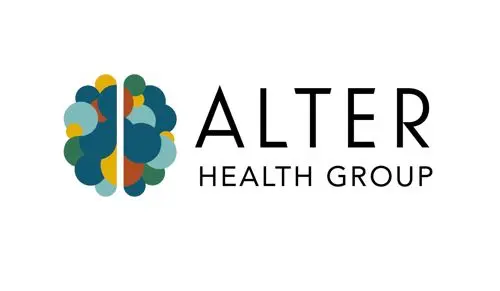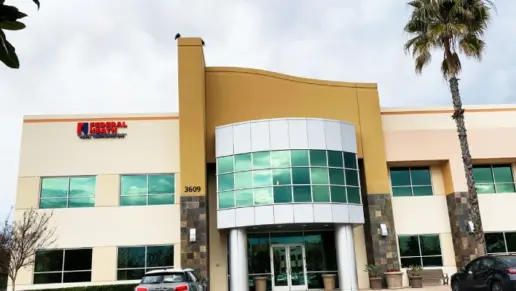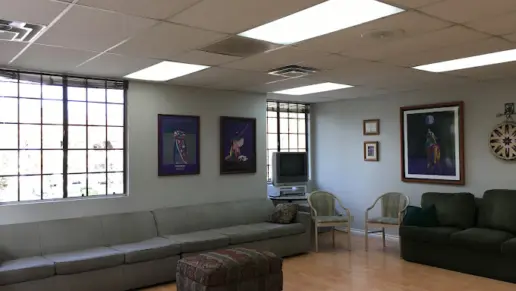About Leona Valley Recovery Center
Leona Valley Recovery Center is a drug rehab facility in Leona Valley, California. The center offers treatment for substance use disorder, alcohol use disorder, opioid addiction, chemical dependency, and co-occurring mental and physical health disorders. Leona Valley Recovery Center provides detox, residential inpatient treatment, a partial hospitalization program (PHP), dual diagnosis, case management, and aftercare for adults.
At Leona Valley Recovery Center, detox clients receive an individual evaluation and customized treatment. Clients receive 24/7 care and supervision to manage symptoms and ease withdrawal. The detox and residential inpatient recovery program can last up to 30 days.
Upon completion of detox, clients transition into residential inpatient treatment. Only six clients may be detoxed at one time, to allow for a personal case management team. Inpatient treatment can include medication-assisted treatment (MAT), cognitive behavioral therapy (CBT), dialectical behavioral therapy (DBT), rational emotive behavioral therapy (REBT), acceptance and commitment therapy, holistic therapy, motivational therapy, integrated change therapy, family counseling, and spiritual wellness.
Clients in Leona Valley Recovery Center’s partial hospitalization program undergo continual treatment and counseling for several hours per day. Spiritual wellness, life skills development, and career coaching are used to supplement the client’s transition to independent living. Peer support and relapse management strategies are also available.
Leona Valley Recovery Center offers alumni continual care and support. Treatment can include group counseling, peer support group, individual therapy, and referrals for outside facilities for specialized care.
Leona Valley Recovery Center is accredited by The Joint Commission and LegitScript certified.
Leona Valley Recovery Center is in-network with Aetna, Anthem, Blue Shield, Cigna, and United Healthcare. The center offers self-pay and financing options. Please check with your insurance provider for specific details concerning out-of-network benefits.
Latest Reviews
Rehab Score
Gallery
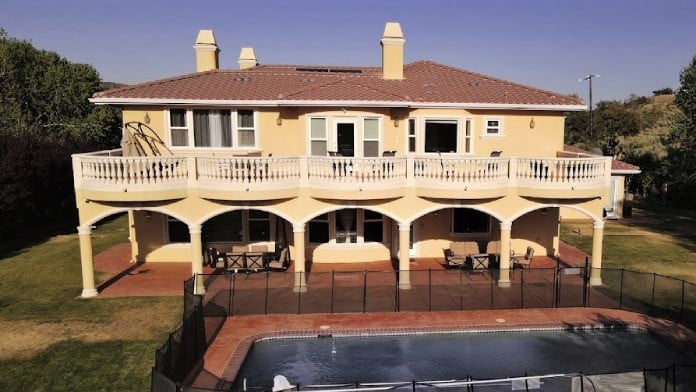

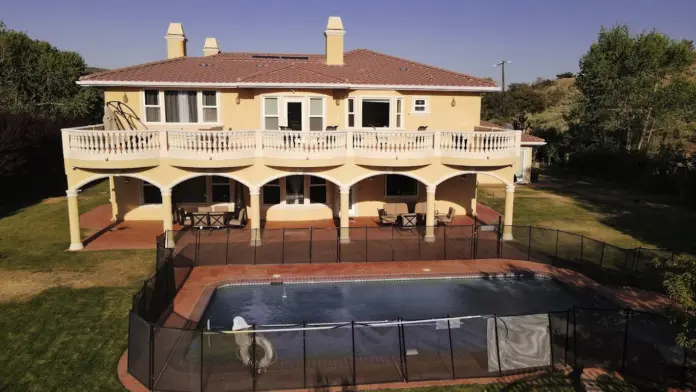
Location
Accepted Insurance
Other Forms of Payment
Private insurance refers to any kind of healthcare coverage that isn't from the state or federal government. This includes individual and family plans offered by an employer or purchased from the Insurance Marketplace. Every plan will have different requirements and out of pocket costs so be sure to get the full details before you start treatment.
Self-pay involves paying for treatment out of your own pocket. You can use savings or credit, get a personal loan, or receive help from family and friends to fund your treatment. If you don't have insurance or your insurance plan doesn't cover a specific program, self-pay can help ensure you still get the care you need.
Addiction Treatments
Levels of Care
Programs

Clinical Services
Cognitive behavioral therapy in California is a method that therapists often use for the effective treatment of substance use disorders. It is based on the principle that substance abuse stems from unhelpful ways of thinking and patterns of behavior, which can be changed by helping the individual learn better ways of coping.
While participating in dialectical behavior therapy in California, you'll focus on four key areas of skill development: mindfulness, interpersonal effectiveness, emotion regulation, and distress tolerance. Treatment includes weekly individual and group sessions.
During group therapy, men and women learn to express their emotions openly in a non judgmental setting. This helps you process your feelings and reduces feelings of social isolation that are often associated with addiction.
Individual therapy for drug addiction includes a customized treatment plan that considers your history and life circumstances. During your therapy sessions, the therapist helps you uncover underlying issues and triggers for addictive behavior that support a holistic approach to recovery.
For clients who are struggling with ambivalence toward change, motivational interviewing in California can help strengthen their commitment to change. Using a conversational method, the therapist helps you explore your motivations and empowers you to make the changes you desire.
Family therapy offers a platform for members to have an open dialogue about the challenges that addiction has placed on the family unit. Through guided sessions, therapists can help families develop healthy communication skills and address unresolved issues. By working together toward a common goal, they help to support their loved one's sobriety.
While in rehab treatment, you may work on developing various life skills to help you in long term recovery. These may include resilience, interpersonal skills, and self awareness. The focus will be on developing healthy habits for self care and relationships so you have the skills you need to manage day to day life.
Recreational therapy is included in alcohol and drug addiction treatment to focus on engaging you in healthy activities that reduce your cravings and improve your overall health and well being. When you participate in group sports, art, or nature walks, you develop new interests and find a meaningful way to spend your time and reduce your cravings.
Amenities
-
Gym
-
Yoga Studio
-
Residential Setting
-
Private Rooms
-
Hiking
-
Mountain Views
-
Gardens
-
Walking Trails
Accreditations

LegitScript has reviewed Leona Valley Recovery Center as part of their certification program, and has determined that it meets the LegitScript standards for legality, safety and transparency.
LegitScript verified in

State Licenses are permits issued by government agencies that allow rehab organizations to conduct business legally within a certain geographical area. Typically, the kind of program a rehab facility offers, along with its physical location, determines which licenses are required to operate legally.
State License: California

The Joint Commission, formerly known as JCAHO, is a nonprofit organization that accredits rehab organizations and programs. Founded in 1951, the Joint Commision's mission is to improve the quality of patient care and demonstrating the quality of patient care.
Joint Commission Accreditation: Yes
Contact Information
10620 Elizabeth Lake Rd
Leona Valley, CA 93551




